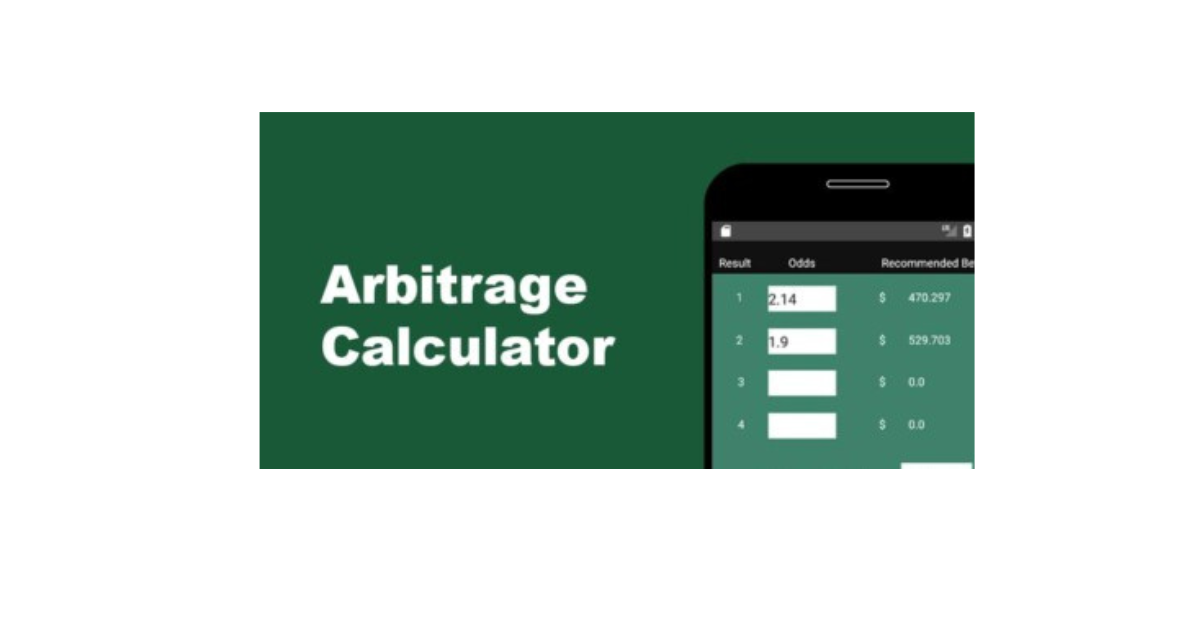Understanding Arbitrage Betting
Arbitrage betting is a strategic approach that takes advantage of discrepancies in odds across different bookmakers. By placing bets on all possible outcomes of a sporting event, an arbitrage bettor can ensure a profit regardless of the result. This technique relies on quick calculations and precise timing to lock in favorable odds before they adjust.
The concept behind arbitrage betting lies in the variation of odds offered by different bookmakers, allowing astute bettors to capitalize on these differences for a guaranteed profit. While it may seem like a risk-free strategy, it requires meticulous planning and execution to ensure success. Understanding the fundamentals of arbitrage betting is crucial for those looking to explore this method of wagering in the sports betting arena.
Identifying Arbitrage Opportunities
To spot potential arbitrage opportunities in betting markets, one must closely monitor the odds offered by various bookmakers for a specific event. Differences in odds for the same outcome across different platforms can indicate a potential opportunity for arbitrage. This disparity arises due to varying opinions and strategies of bookmakers, presenting a chance for astute bettors to capitalize on discrepancies and guarantee a profit regardless of the event’s outcome.
Furthermore, utilising dedicated arbitrage betting software can streamline the process of identifying opportunities by scanning multiple bookmakers simultaneously and highlighting instances of mispriced odds. These tools not only save time but also enhance efficiency in identifying potential arbitrage situations. By staying vigilant and leveraging technological assistance, bettors can increase their chances of identifying profitable arbitrage opportunities within the fast-paced world of sports betting.
Calculating Probabilities
When engaging in arbitrage betting, calculating probabilities accurately is crucial for identifying profitable opportunities. To calculate the probability of an event occurring, one can use the following formula: Probability = 1 / Odds. For example, if the odds of a team winning are 2.5, the probability of that event happening is 1 / 2.5 = 0.4 or 40%.
In arbitrage betting, having a clear understanding of how to calculate probabilities enables bettors to compare them with bookmakers’ odds. By calculating the implied probabilities of different outcomes, individuals can determine if there is a discrepancy that could lead to a profitable arbitrage opportunity. The accuracy of these probability calculations is essential for making informed decisions and maximizing potential returns in arbitrage betting.
Calculating Fair Odds
When it comes to sports betting, understanding fair odds is crucial in identifying valuable opportunities for potential profit. Fair odds represent the probability of an outcome occurring and can be calculated by converting the odds provided by bookmakers into a percentage. By calculating fair odds, bettors can determine whether a particular wager is undervalued or overvalued, enabling them to make informed decisions when placing bets.
To calculate fair odds, simply divide 100 by the decimal odds offered by the bookmaker. For example, if the odds given for a team winning a match are 2.50, the fair odds can be determined by dividing 100 by 2.50, which equals 40%. This means that according to the fair odds, there is a 40% chance of that team winning the match. By comparing the fair odds to the odds offered by bookmakers, bettors can pinpoint any discrepancies and exploit arbitrage opportunities for potential profits.
Calculating Implied Probabilities
To calculate implied probabilities in sports betting, one must first understand that odds represent the likelihood of a specific outcome. By converting these odds into probabilities, bettors can assess if there is value in a wager. The implied probability is essentially the bookmaker’s predicted chance of an event happening based on the odds they offer.
When converting odds into implied probabilities, it’s important to remember that the sum of all outcomes should equal 100%. This ensures that the odds are fair and accurately reflect the true likelihood of each result. By calculating these implied probabilities, sports bettors can identify potential discrepancies between their own assessments and those of the bookmakers, leading to profitable arbitrage opportunities.















